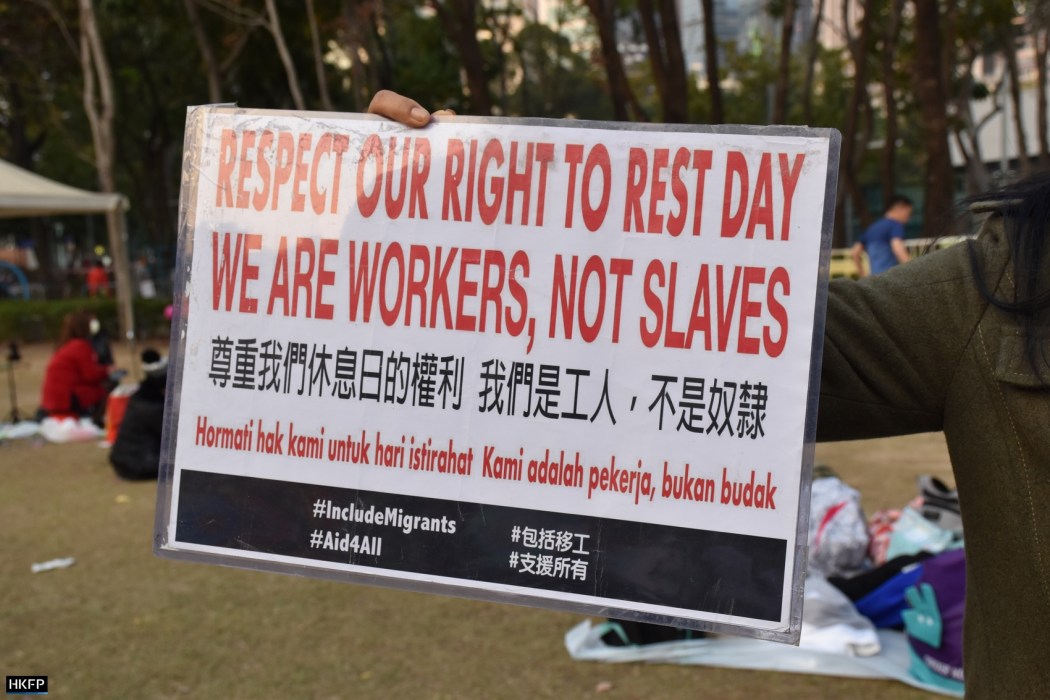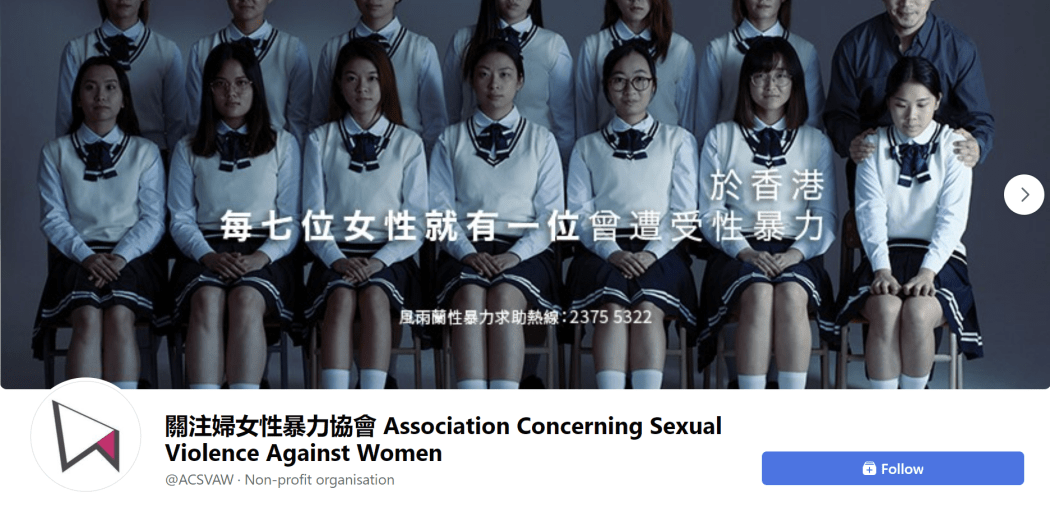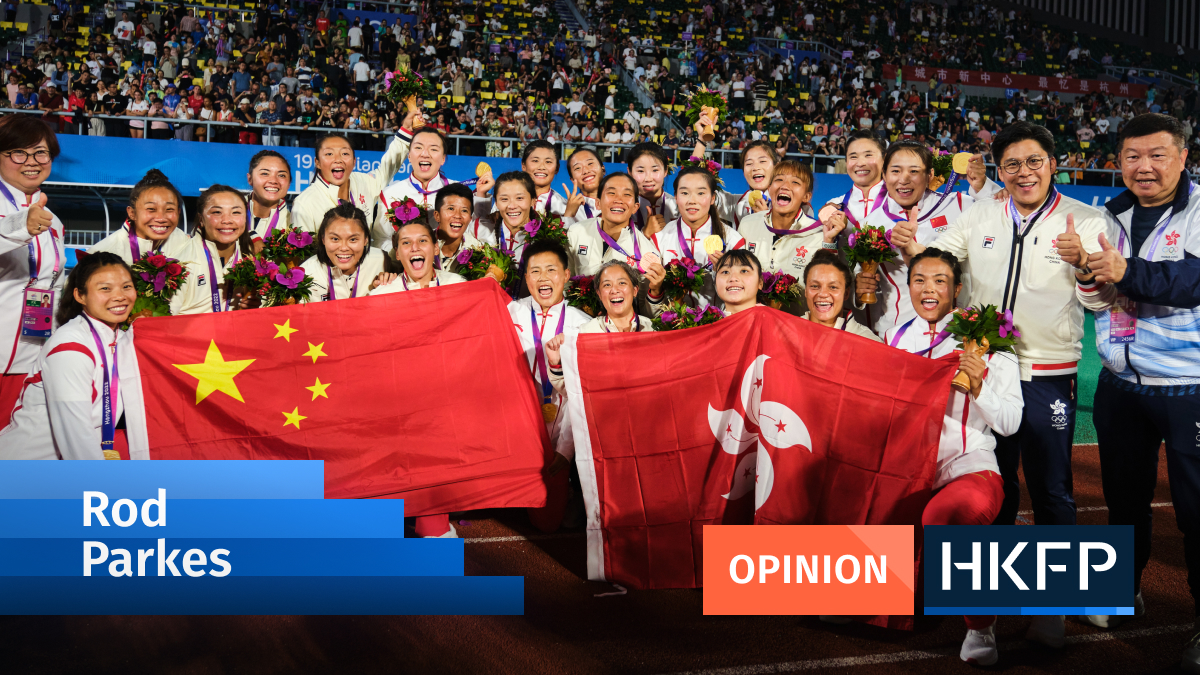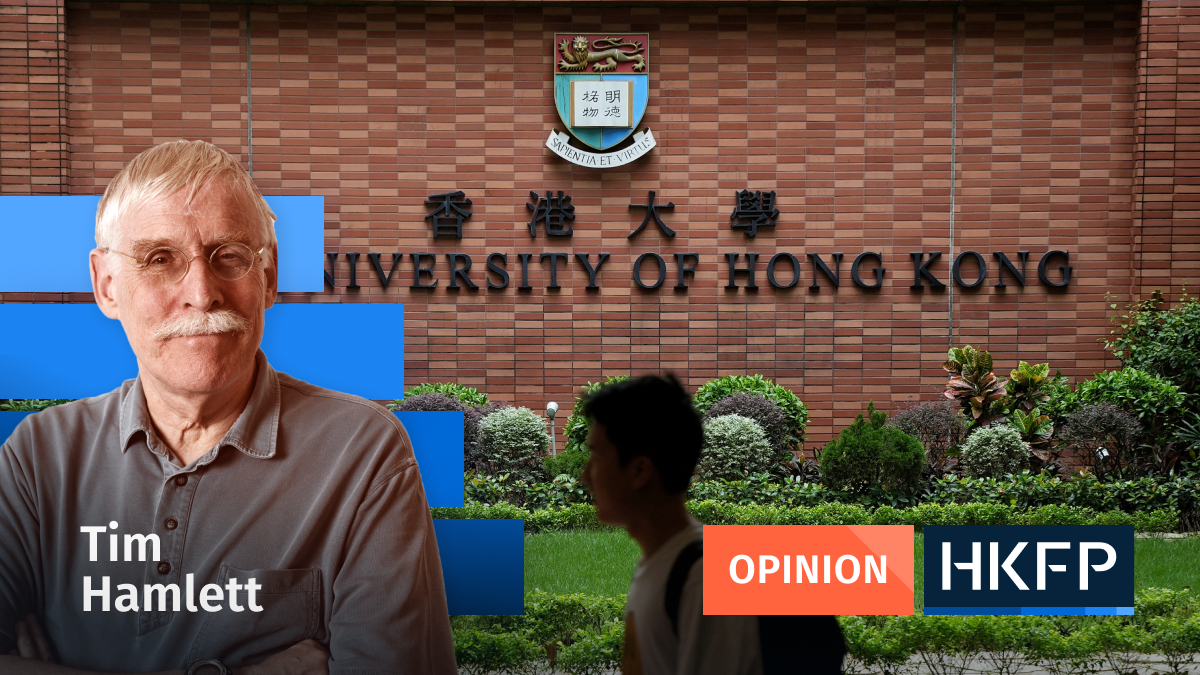A seven-person jury – made up of four men and three women – arrived at a baffling conclusion at Hong Kong’s High Court last month, unanimously acquitting a couple of rape.
Chan Chim-tak, 48, was cleared of two counts of rape and attempted rape against X, a migrant domestic worker he employed. Chan’s then-wife, Lai Chi-san, 36, was exonerated of aiding and abetting the alleged rape and indecently assaulting X.

Without “concrete” evidence of the assault, the prosecution’s case rested largely on X’s testimony, therefore the key determination was the credibility of X. Taking into account Hong Kong’s strict prosecutorial standards, there must have been merits to this case, and – like most rape cases – it was tried by a jury, whose decision we seek to make sense of here.
Having observed parts of the cross-examination of X, the defence strategies can be summarised as follows: firstly, attacking X’s inconsistencies over the sequence of events; secondly, a parade of victim-blaming questions, asking X “why didn’t you…”; and finally, weaponising the stereotypes of migrant domestic workers in Hong Kong.
These tactics fit right into what academia identifies as “rape myths”: “the prescriptive or descriptive beliefs about rape that serve to deny, downplay or justify sexual violence,” according to research published in the European Journal of Social Psychology.
The scrutiny of how rape myths influence court trials is especially important because, as Jennifer Temkin and Barbara Krahé note in Sexual Assault and the Justice Gap, “no other criminal offence… is as intimately related to broader social attitudes and evaluations of the victim’s conduct as sexual assault.”

In the case of X, rape myths are also interwoven with X’s identity as a migrant domestic worker, with her race, socio-economic status and employment relationship with the defendants also working to discredit her.
During the trial, the defence counsel pointed out several inconsistencies between what X said during direct examination and cross-examination, and her witness statement taken by the police. These inconsistencies concern the minutiae of her alleged assault and the sequential order of all that transpired that evening which, it must be emphasised, was four years ago.
If slight memory slips or confusion over what was asked, filtered through two interpreters – the trial was conducted in Cantonese and interpreted into English and then Tagalog, X’s native language – render X dishonest, then how perfect of a witness do you have to be in order to be trusted? How should a jury member weigh these modest flaws that can well be made by any human being on the stand, against the fact that X has already provided a plausible account with considerable details?

Predictably, the defence counsel’s line of inquiry was also laden with a plethora of “why didn’t you” questions.
“Why didn’t you escape?” X in fact did, twice, but the defence argued that she hadn’t tried hard enough.
“Why didn’t you hit the defendant?” X had only enough strength left in the moment to cry.
“Why didn’t you cry audibly so that you could be heard?” Psychological research has shown that “fight or flight” responses are not the only way rape victims react during an assault; many go into shock and freeze on the spot.
“Why didn’t you call the police immediately afterwards, and instead choose to contact your agency first?” X explained that the agency had instructed her to reach out to them first if anything happened to her. She was also afraid if she called the police, the defendants would overhear her.
“Why didn’t you escape that night, and wait until the next day?” Again, X convincingly explained that it was because the defendants might hear her if she had opened the door, and she did not feel comfortable taking the risk for fear of retaliation.
Even if X did not do any of the above, it does not imply that X was not assaulted.

The defence counsel’s obsession with “rationality” disparages the fact that what X went through was undeniably traumatic. It is always easy for observers, and perhaps jury members, too, to think “I would have been smarter, I would have been braver, I would have acted another way,” when confronted with a similar situation. “If she wasn’t all those things, then she must be making this up.”
But is it truly so hard to believe that a person may act “irrationally” when they are scared? And particularly for migrant domestic workers – who are often expected to be subservient to their employers – the stark power imbalance and lack of bargaining power are also crucial factors that govern their actions.
This is their livelihood, reputation and physical safety at stake – they have everything to lose by coming forward.
The case presented by the defence was that the sexual intercourse between X and the male defendant Chan was entirely consensual. X was paid HK$150 for it, and any involvement of the female defendant in the assault was fabricated by X because they had a contentious relationship.
It conveniently played into a troubling stereotypical narrative of a money-grabbing, disobedient and deceitful domestic worker, a depiction no doubt amplified by similar media portrayals. We may not ever fully know whether this bias contributed to the jury’s decision, but to sit at the witness stand and be accused of being a liar has no doubt victimised X, over and over again.
While there are cogent reasons for criminal justice principles to exist, such as having a high standard of proof, shouldn’t we put as much thought into ensuring a dignified trial for the victim-survivor, as we do into ensuring a fair trial for the accused?

Another striking part of the trial is the utter tedium of the three-way interpretation between Cantonese, English and Tagalog. If getting cross-examined by the defence counsel was already harrowing for the victim-survivor, imagine the entire process prolonged by three times.
Furthermore, the very nature of a cross-examination means that the defence will put forward an assertion, often formulated with complex sentence structures and double negatives, and ask the witness if they agree or disagree. There are many instances in which the witness asks for the statement to be repeated, before uttering a “yes” or a “no”.
While I am not in a position to judge the quality of interpretation in this particular trial, an exchange in court revealed that the interpreter who was present when X gave her statement to the police had told her not to provide too detailed an account because the process was “taking too long”.
This is highly unsatisfactory as what she omitted in her witness statement was later questioned by the defence counsel. If the process of taking the witnesses statement is too tedious – and indeed they are – the responsibility to make appropriate arrangements should fall on the law enforcement, and surely not at the expense of the quality of the evidence.

A study conducted by the Association Concerning Sexual Violence Against Women in 2017 showed that the system that governs interpretation services offered to ethnic minorities in Hong Kong is in dire need of reform. Thirty-five per cent of respondents stated that the interpreter sometimes or always added their own opinion while interpreting, with one instance of an interpreter warning a client not to say something in court.
There has even been a case in which an erroneous translation led to a successful appeal over a criminal conviction.
Experts in the field have long criticised the questionable recruitment process of minority language interpreters in courts, and the lack of a decent accreditation system and competitive salary that contributes to their poor quality.
In July 2021, the Ombudsman published a report on its investigation into the government’s arrangements for engaging outside interpretation services. The Constitutional and Mainland Affairs Bureau later said the Ombudsman’s recommendations were generally accepted, though actual improvements are yet to be seen.
As for X’s case against Chan and Lai, it was almost a textbook demonstration of how cultural norms and institutional deficiencies operate in a rape trial. Outdated notions of the nature of sexual assault and deep-rooted prejudices against migrant domestic workers have no place in a court of justice. Yet, our systems barely did anything to disprove them, resulting in the most lamentable outcome for a woman brave enough to defend her own dignity.
Cherry Ng is a law graduate from Durham University. Currently part of the Equality Rights Project under the University of Hong Kong’s Faculty of Law, she works to raise awareness and foster knowledge exchange for gender equality, LGBT+ and disability rights, taking a particular interest in gender-based violence and the criminal justice system.
Support HKFP | Policies & Ethics | Error/typo? | Contact Us | Newsletter | Transparency & Annual Report | Apps
| HKFP is an impartial platform & does not necessarily share the views of opinion writers or advertisers. HKFP presents a diversity of views & regularly invites figures across the political spectrum to write for us. Press freedom is guaranteed under the Basic Law, security law, Bill of Rights and Chinese constitution. Opinion pieces aim to point out errors or defects in the government, law or policies, or aim to suggest ideas or alterations via legal means without an intention of hatred, discontent or hostility against the authorities or other communities. |
Help safeguard press freedom & keep HKFP free for all readers by supporting our team

More HKFP OPINION:
HKFP has an impartial stance, transparent funding, and balanced coverage guided by an Ethics Code and Corrections Policy.
Support press freedom & help us surpass 1,000 monthly Patrons: 100% independent, governed by an ethics code & not-for-profit.








